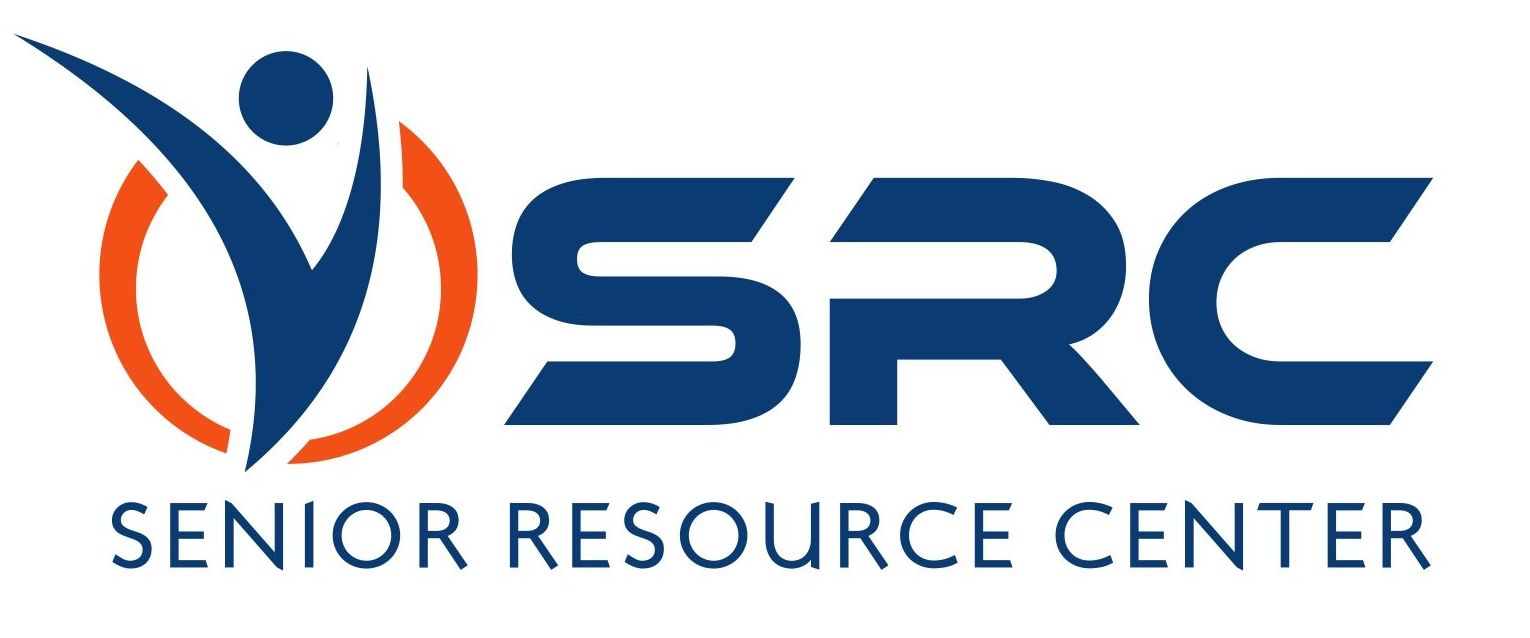Medicaid or Medicare? Key Variations You Need To Know
It’s not easy to navigate the Texas healthcare system. If you aren’t familiar with your insurance options when you approach age 65, you could end up without medical coverage. This post will go over Medicare and Medicaid in Austin, Texas, so you know which you qualify for in order to avoid a lapse in your medical coverage.
Obtaining medical insurance is only one part of planning for retirement. Senior Resource Center offers long-term care planning as well as other strategies to help you get the most out of retirement.
Defining Medicare and Medicaid
Let’s start by defining the two programs. Though they have similar names, they serve different groups and receive funding from different sources.
Medicaid
Medicaid receives state and federal funding. It provides medical coverage for people with certain income restrictions, which vary from state to state.
Each state must follow certain guidelines set by the federal government but otherwise has the freedom to run the program as they see fit. That’s why a person who qualifies for Medicaid eligibility in one state may not qualify in another.
Medicare
Medicare receives federal funding. It provides medical coverage for those over the age of 65 or for people of any age with a disability. There are no income restrictions to qualify for Medicare.
Medicare is a federal program, so the regulations do not change in different states. The U.S. Department of Treasury holds two different trust funds that go toward Medicare costs for individuals. Those who qualify for Medicare pay monthly premiums that help pay for prescription medications, doctor visits, and other medical care.
Qualifying for Medicaid in Texas
To qualify for Medicaid in Austin, Texas, you must meet certain criteria. First, you must be a low-income resident of the State of Texas. The income restrictions depend on the number of people within the household.
The maximum income level for a single-person household is $28,869 per year before taxes. To determine the maximum income level for your home, add $10,177 per person to the single household number.
Additional Requirements
In addition to the income restrictions. In order to qualify for Medicaid eligibility, you have to meet the income restriction for your household and meet at least one of the additional requirements:
- You must be at least age 65 at the time of application.
- You or a member of your household must live with a disability.
- You must be blind or visually impaired.
- You must be the primary caretaker of a child under age 18.
- You must be pregnant.
Medicare in Austin, Texas
You could qualify for different parts of the program to get a different Medicare benefit. Medicare consists of several parts: A, B, C, and D.
Medicare Part A
If you are over age 65 and have paid Medicare taxes for at least 40 quarters, Medicare is one of your Texas healthcare options. Additionally, you qualify if you are under 65 and receive Social Security benefits. If you have amyotrophic lateral sclerosis (ALS) or end-stage renal disease (ESRD), you qualify.
Medicare Part A covers your hospital stay. If you qualify for Part A, you are also eligible for Part B.
Medicare Part B
Unlike Medicare Part A, you will incur a cost for Part B. You will have to pay an annual deductible as well as a monthly premium. The cost depends on your income. If you are married, they will take your spouse’s income into account as well.
Medicare Advantage
If you qualify for Medicare Part A or B, you have the option to enroll in Medicare Advantage, also known as Medicare Part C. Medicare Advantage provides additional coverage, such as:
- Hearing screenings
- Dental care
- Eye exams
Transportation to medical visits
Actual benefits depend on the plan you choose. You purchase Medicare Advantage through private insurance providers. The monthly premiums and other costs depend on the plan you choose as well.
Medicare Part D
If you need prescription medications, it’s a good idea to enroll in Medicare Part D. If you decide not to enroll and realize later you need prescription drug coverage, you could end up paying a late enrollment fee, which remains in effect the entire time you are on Medicare.
If you already have Medicare Advantage, check your benefits handbook to see if your plan covers prescription medications. If you don’t enroll for Medicare Part D along with the rest of your Medicare enrollment, you can wait until the general enrollment period to avoid the additional cost of late enrollment.
Key Differences
It’s easy to feel overwhelmed when you start researching healthcare coverage in Texas. Without Medicare for All, residents of Texas have to plan ahead and do a lot of research to ensure they have medical coverage. Here are the key differences between Medicare and Medicaid:
Medicare provides health coverage for people over age 65 and people of any age with a disability.
Medicaid provides health coverage for people who are low-income. The income restriction depends on the size of the household.
Dual Enrollment
Can you qualify for both Medicaid and Medicare in Austin, Texas? Yes!
If you meet the criteria for both Medicare and Medicaid eligibility, you can enroll in both programs. You must be age 65 or older or have a disability and also fall within the monthly income restrictions for your household size.
Plan for Your Retirement in Texas
If you are over 65 or have a disability, you qualify for Medicare. If you are of any age and fall under the income restrictions for your household size, you could qualify for Medicaid.
Obtaining medical insurance is only part of planning for your future as a senior. A reliable income strategy will help you enjoy your retirement without worrying about your finances, long-term care, or your taxes. Senior Resource Center provides assistance for every aspect of planning for your retirement.
To start strategizing about all aspects of your retirement, reach out to us at Senior Resource Center by calling 512-835-0963. We offer a free, no-obligation consultation for Medicaid in Austin, Texas, to ensure you enjoy a worry-free retirement.
Ready to get started?

Senior Resource Center
Service Areas
Licensed Insurance Professional. Respond and learn how insurance and annuities can positively impact your retirement. This material has been provided by a licensed insurance professional for informational and educational purposes only and is not endorsed or affiliated with the Social Security Administration or any government agency. It is not intended to provide, and should not be relied upon for, accounting, legal, tax or investment advice.
*A professional advisor should be consulted before implementing any of the options presented. No content should not be construed as legal or tax advice. Always consult an attorney or tax professional regarding your specific legal or tax situation.

Senior Resource Center
Service Areas
Licensed Insurance Professional. Respond and learn how insurance and annuities can positively impact your retirement. This material has been provided by a licensed insurance professional for informational and educational purposes only and is not endorsed or affiliated with the Social Security Administration or any government agency. It is not intended to provide, and should not be relied upon for, accounting, legal, tax or investment advice.
*A professional advisor should be consulted before implementing any of the options presented. No content should not be construed as legal or tax advice. Always consult an attorney or tax professional regarding your specific legal or tax situation.

Service Areas
Licensed Insurance Professional. Respond and learn how insurance and annuities can positively impact your retirement. This material has been provided by a licensed insurance professional for informational and educational purposes only and is not endorsed or affiliated with the Social Security Administration or any government agency. It is not intended to provide, and should not be relied upon for, accounting, legal, tax or investment advice.
*A professional advisor should be consulted before implementing any of the options presented. No content should not be construed as legal or tax advice. Always consult an attorney or tax professional regarding your specific legal or tax situation.
Senior Resource Center
Website by EGS Marketing Solutions



